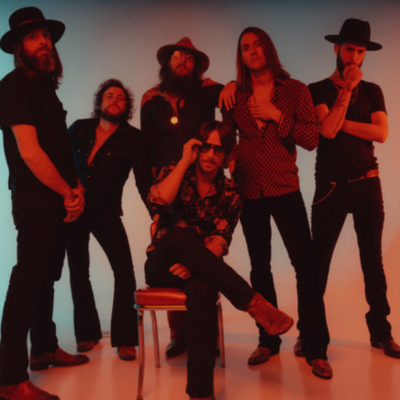Saying that this year has been an anomaly is a comical understatement. So much of our daily life has been uprooted and, to mirror our own bodies, movies were not immune from these changes either. Before we start writing eulogies for Cinema with a capital “C” and discussing the fall of the multiplex, it is in our best interest to look at a few of the fantastic films that were released this year. We may have watched them on laptops or televisions, but bear in mind those technologies are now better than ever. And while there were no big blockbusters or studio tentpoles, 2020 saw an unprecedented wave of early access to film festival favorites and what feels like unlimited choices on streaming platforms to keep hungry cinephiles satiated.
That said, the best releases of 2020 are all, at their core, stories of people struggling and connecting. Whether it be their own versions of reality or niche pockets of our world that are uncovered through the camera’s lens.
The Vast of Night
Director Andrew Patterson’s debut film is incredible. It unfolds like a hybrid of a radioplay and a “Twilight Zone” episode. We follow the events of one night through the experiences of two New Mexican teenagers as they discover something is sending a radio signal across their town. The camera rarely strays from the faces of the actors, and never affords the audience the comfort of edits as it draws us deeper and deeper into their story. Visually a masterpiece and structurally a well-placed gamble, The Vast of Night is easily one of the more intriguing films of 2020.
Possessor
Brandon Cronenberg’s Possessor uses a world adjacent to our reality to tell a human story. In its version of our future, it is possible to upload consciousness from one person into another. Though the process is clunky and dangerous, it is also a boon to criminals and hit men. Andrea Riseborough and Christopher Abbott tag team a performance that matches the brutally complex implications of this reality. Possessor is gory and high concept, but the way it handles memories and connections between people keeps the film grounded.
Scare Me
One of the best, most audacious recent horror films uses only the power of telling stories around a fire. Writer/director Josh Ruben and Aya Cash are two writers on upstate retreats who get to know each other quickly when a power outage excitingly pivots their night to a storytelling contest. As they each build a story of horror and suspense, the film’s style begins to mimic that of their tales. While this might seem like a silly exercise, Scare Me deftly manages to not only create tension merely by the stories told, but by pitting these two wildly different characters against one another in a remote cabin. It proves that scares on screen only need a good raconteur, not expensive effects.
Nomadland &
The Painter and the Thief
Chloé Zhao’s Nomadland and Benjamin Ree’s The Painter and the Thief might seem an odd pairing, but in contrasting them it can be easier to see their strengths. Nomadland has no real plot. The film simply follows Fern (Frances McDormand) as a nomad in the American west. Technically a fictional narrative, it uses real nomads as the people who populate Fern’s world. We are peering into their lives and habits through her experiences on the road. The Painter and the Thief is a documentary, but unlike Nomadland it’s filled with plot and intrigue. Art heists, incarceration, and marital tension all meet to create a fascinating look into the art world as well as a deep examination into the very notion of forgiveness. Nomadland and The Painter and the Thief both give us a window into a dark corner of our world.
Swallow
No list of 2020’s best films would be complete without mentioning Carlo Mirabella-Davis’ Swallow. Haley Bennett stars as Hunter, a bored housewife who has recently found out she is pregnant. Thanks to her wealthy, traditional husband, Hunter is left with little to do each day but wait for him to come home. That is, until she begins to consume random objects around the house. Though Swallow deals with less common psychological disorders, its empathetic look at control, compulsion, privilege, and motivation is an incredible testament to the depth of compassion capable in film.
While all the films on this list are wildly different, there are common threads throughout. They are beautiful and honest. They are unflinching and inquisitive. Perhaps the unifier is that these exceptional 2020 releases each aimed to push the notion of storytelling in movies. They alter the way we see our world, and have the potential to impact the way we think about our fellow humans. That is the ultimate power of cinema, and that power is just as strong in these films, even if the screens we watch them on are smaller.





